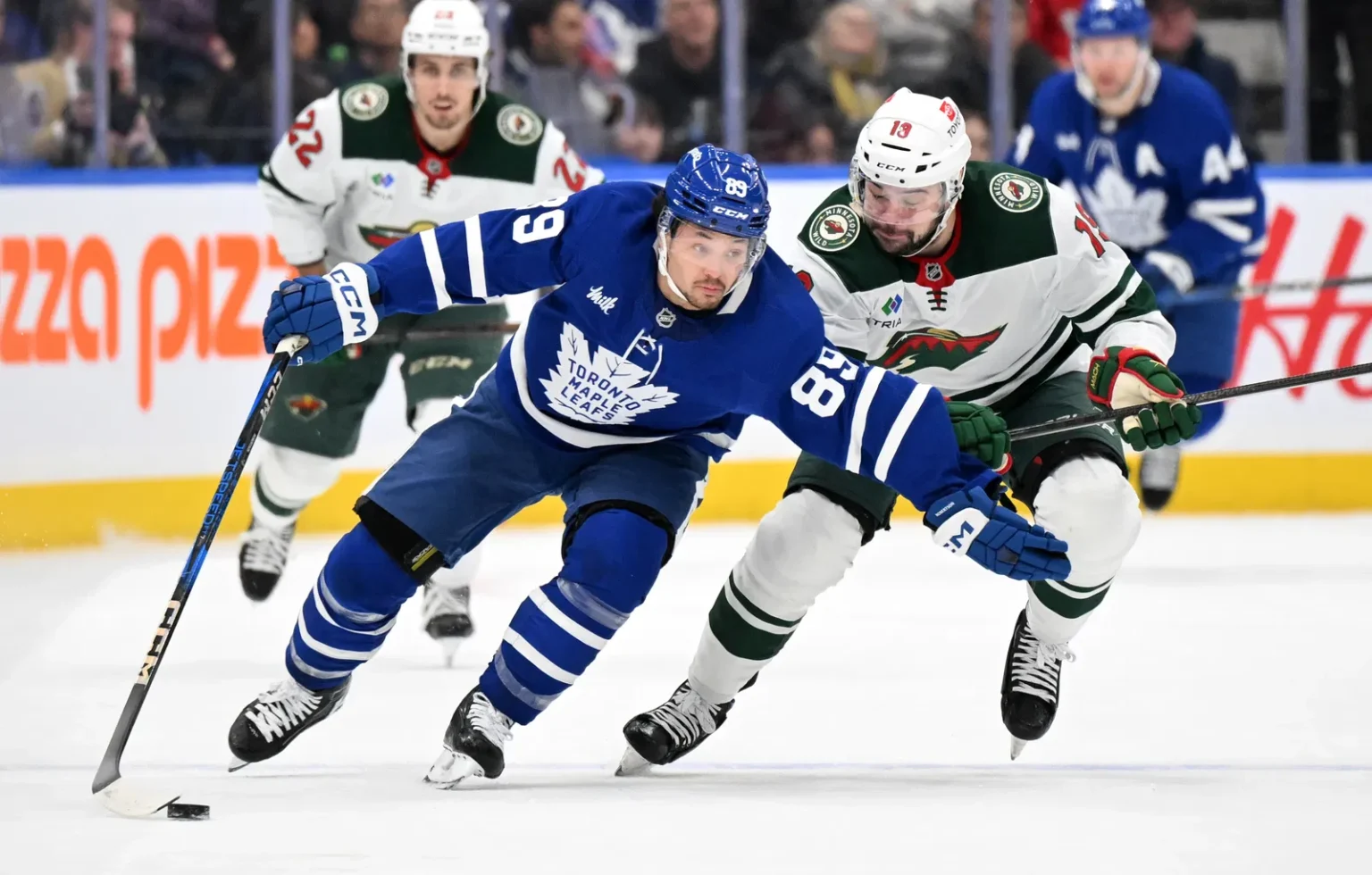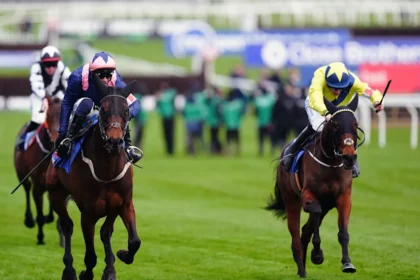At the close of the 2024-25 season, Pittsburgh Penguins GM Kyle Dubas highlighted the beginning of the "execution" phase in the team’s rebuild, focusing on acquiring young Restricted Free Agents (RFAs) that other teams can’t afford or need a fresh start. Among these RFAs, while not a headline name, winger Nicholas Robertson could attract interest. Robertson, currently with the Toronto Maple Leafs, is in a similar situation to a year ago when Toronto faced decisions about his future. The Leafs have extended a qualifying offer to Robertson, which he declined, pushing the situation toward salary arbitration. Last season, Robertson played 69 games, scoring a career-high 15 goals but saw fluctuating ice time, suggesting that a move could benefit both him and the Leafs.
The Penguins might consider Robertson a viable option. Pittsburgh is in a phase where adding young, NHL-ready talent is a priority, especially in return for veterans like Rickard Rakell and Brian Rust. Although Robertson isn’t a top-tier star, his youth and potential value make him an attractive, low-risk acquisition. His cost would likely be around a third-round draft pick, a relatively modest price for a player who could realistically compete for a top-six forward spot in Pittsburgh’s lineup, especially with the possibility of departures in that group.
Toronto’s strategy to hold onto Robertson keeps their depth options open following the loss of Mitch Marner and the addition of Mattias Mckell. Despite Robertson’s injuries last season, he remains a healthy option who could challenge for a more prominent role within the Leafs or potentially be part of a trade package.
However, there are arguments against pursuing Robertson. The Penguins, evaluating their timeline to become serious contenders, may prefer to target higher-impact players such as Mason McTavish, Marco Rossi, Gabriel Vilardi, or Bowen Byram, who could immediately elevate the team’s competitive edge. Additionally, with an already crowded forward roster, adding Robertson could complicate the development of younger talents vying for NHL spots. Pittsburgh might find better value either in other RFAs or internal options, explaining why they could pass on Robertson.
Ultimately, the summer promises to be an exciting period for the Penguins, with plenty of trade and roster decisions ahead. Fans should keep an eye on how Dubas navigates the balance between immediate performance and future development.
Fan Take: This potential shift involving Nicholas Robertson highlights the behind-the-scenes chess game of NHL rebuilding and roster management. For hockey fans, it presents a chance to watch how young talent is moved and developed, which can shape the future competitiveness of teams like the Penguins and Leafs, influencing the sport’s landscape in the years to come.



